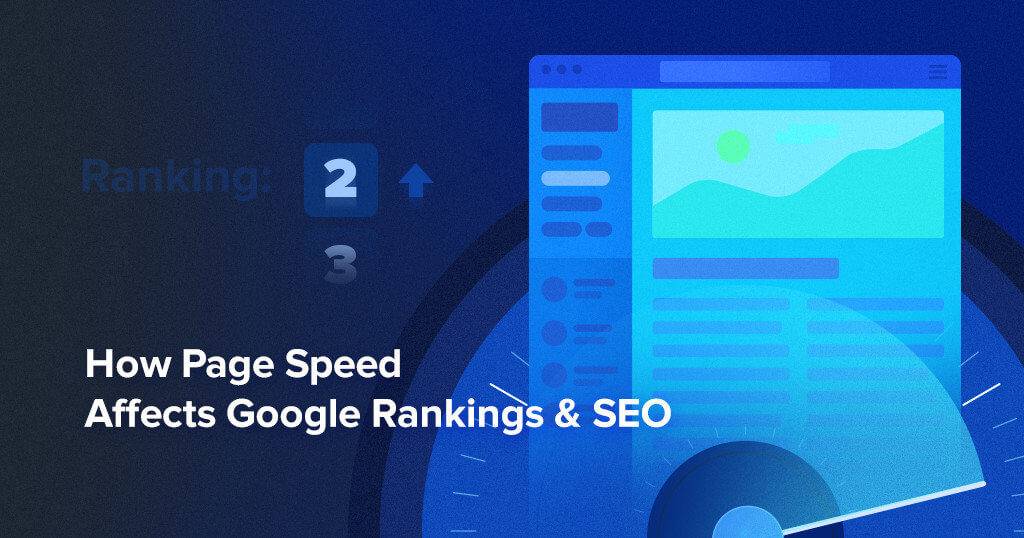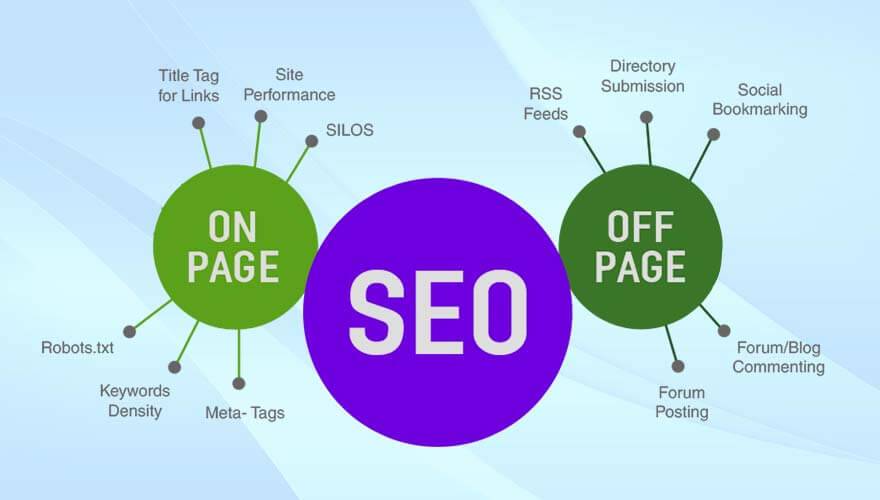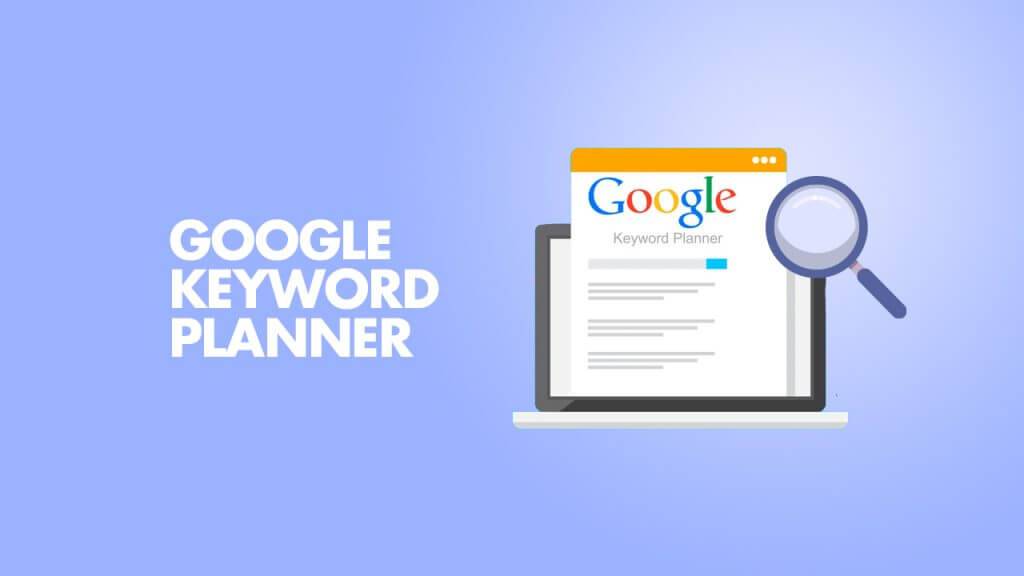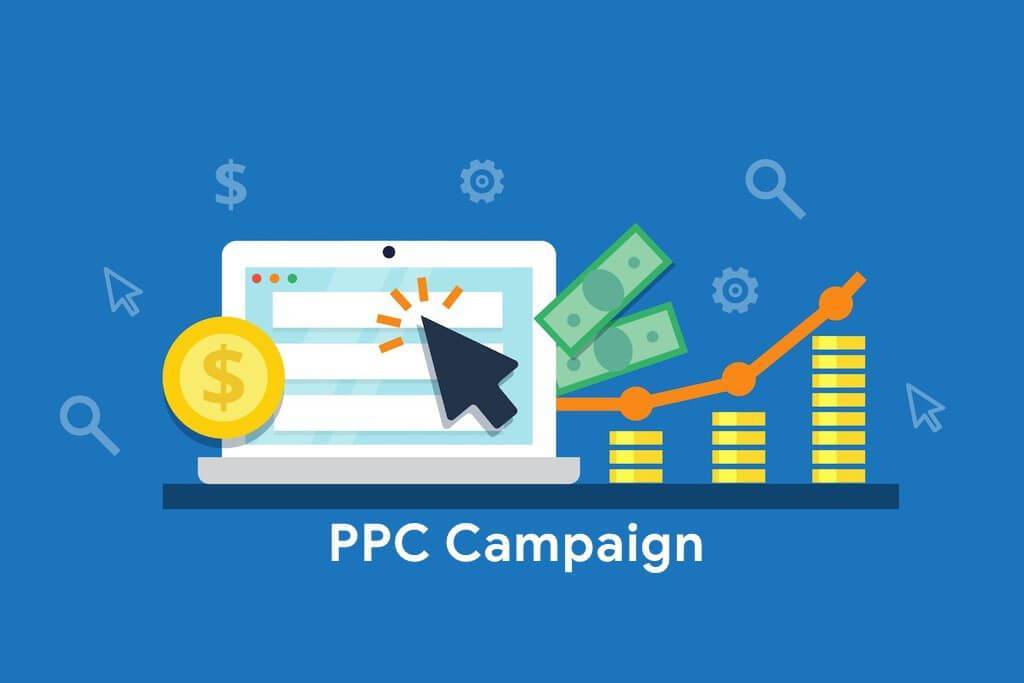The duration it takes for content to load on a given web page is referred to as page speed. It’s simple to mix up this phrase with other site optimization-related terms like “site speed.” which describes the average loading time of multiple sample pages on a certain site. On the other hand, page head particularly relates to how quickly a single webpage loads. Page speed is ultimately influenced by a variety of variables, including image compression, server quality, and file sizes and also by a web design agency in Faridabad.
Especially now that Core Web Vitals evaluates loading, interaction, and visual stability, speed is assessed by the amount of time it takes for a page to load. Speed is allegedly a ranking element, and Google provides a tool for analysing loading times called Page Speed Insights. These assertions are also based on the awareness that Google wants to give users the best possible experience.
However, when discussing this statistic, there are a few key distinctions to be aware of. Although it seems like a simple definition, there are various techniques to gauge page speed. We’ll list three of the more typical cases below:
Time to First Byte (TTFB) is a metric that measures how long it takes for a page to start loading.
Do you recognise the white screen that occasionally shows just before a website finish loading? Action of the TTFB.
Fully Loaded Page: This evaluation looks at how long it takes for the entire intended page to load. The most accurate approach to gauging page speed is in this manner.
First Contextual Paint/First Meaningful Paint: This is the length of time required to load enough resources into a webpage to allow you to read what is there.
This measure is significant since it enables users to comprehend how site visitors use and interact with the web page. For instance, speed of your page insights can indicate that it takes 15 seconds for a blog article to load. Even while that may seem like a lot of time (and it is), this speed measure alone can’t provide you with adequate details.
Page Speed and SEO:
You should concentrate on increasing your site’s speed if you want to rank highly in Google searches. By using page speed insights, you can accurately predict how your site will perform in search engines. Your page needs to be competitive with the top 10 organic page results in order to land that coveted spot on Google’s front page. If you don’t, your page will get demoted to Google’s second or third page, where the majority of users never look.
Speed of your page is important to Google since it can be used to evaluate a site’s quality and user experience. High rankings are given to websites that perform well according to this metric. When page speed is improved, organic search traffic increases, which ultimately results in a more successful website overall.
Even though it’s quite simple to explain, looking at some actual data will help you better understand how speed of your page affects SEO. Backlink carried out a comprehensive analysis that looked at data for the top 10 sites and 11.8 million Google search results. The goal of the study was to identify the traits that the best-performing sites have in common.
The outcomes confirmed what web design company Faridabad SEO professionals have long believed: page speed is a critical factor in site rankings. Your page will rank higher in Google search results the faster it loads. All of the study’s top-performing pages for a particular search had speedy page speeds. It was clear that the site’s designers had gone above and above to minimise their loading time.
For more details, visit https://rsdigitalsolution.com/website.







